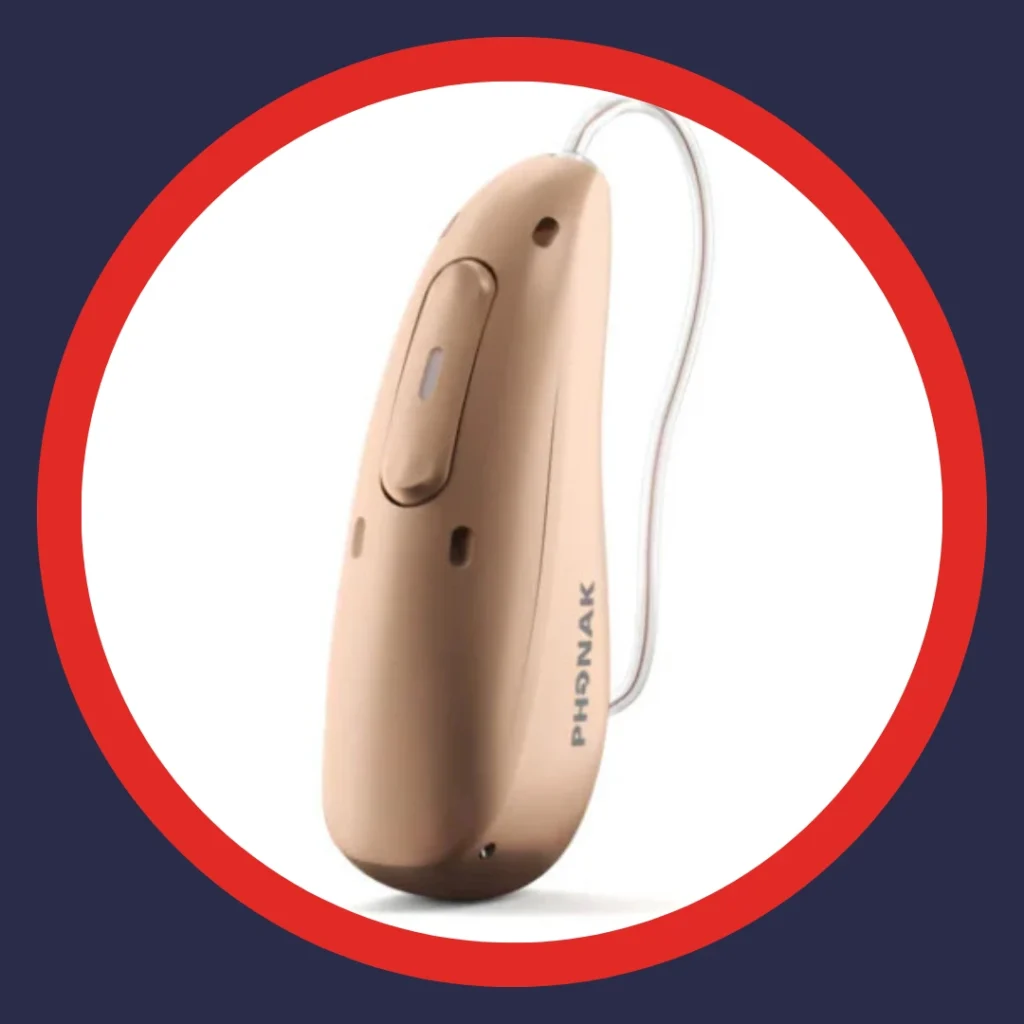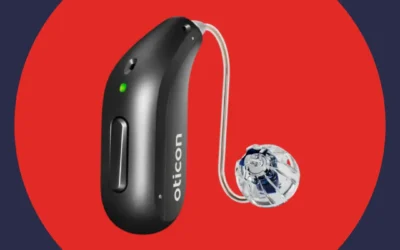Hearing loss can affect anyone—and often more than people realize. With over 430 million people worldwide needing rehabilitation for disabling hearing loss, it’s no surprise that questions are common. In this guide, we answer the top FAQs about hearing loss to help you understand when to take action and why getting a hearing test matters.
1. How Do I Know If I Have Hearing Loss?
Many people ignore early signs of hearing loss, assuming others are mumbling or speaking softly. However, untreated hearing loss only worsens with time. Watch for these red flags:
- You often ask people to repeat themselves
- You hear voices but struggle to understand the words
- You feel tired after long conversations
- You avoid restaurants or noisy environments
- You turn up the TV volume more than others prefer
- You hear ringing or buzzing (tinnitus)
These symptoms suggest your brain is working harder to make up for reduced hearing. A hearing test can confirm the cause and guide next steps.

2. What Causes Hearing Loss?
Hearing loss results from a wide range of medical, environmental, and genetic factors. Some are preventable; others are not. Common causes include:
- Age-related inner ear damage (presbycusis)
- Prolonged exposure to loud noise or chemicals
- Ear infections and fluid buildup
- Excessive earwax or ear canal blockages
- Ototoxic medications (drugs that damage hearing)
- Head or ear trauma
- Certain illnesses like meningitis or measles
- Birth complications or low birth weight
- Genetic hearing loss (present at birth or progressive)
A hearing care provider can identify the specific cause through a comprehensive evaluation.
3. Are There Different Types of Hearing Loss?
Yes, and knowing which type you have is essential for proper treatment. The main categories include:
Sensorineural hearing loss:
This is the most common type. It occurs due to damage in the inner ear or auditory nerve. Causes include aging, noise exposure, certain medications, and illness. This type is usually permanent.
Conductive hearing loss:
This involves blockages or problems in the outer or middle ear. Causes may include fluid buildup, earwax, ear infections, or eardrum damage. Many conductive losses can be treated medically or surgically.
Find out whether ear candling can help.
Mixed hearing loss:
A combination of sensorineural and conductive issues. Treatment often involves a combination of devices and medical care.
Auditory Neuropathy Spectrum Disorder (ANSD):
This rare condition disrupts how sound signals travel from the inner ear to the brain. It requires advanced diagnostic testing and individualized treatment.
4. Does Hearing Loss Always Worsen With Age?
Age increases your risk, but hearing loss is not a guaranteed part of getting older. By age 60, over 25% of people have disabling hearing loss. However, hearing loss can begin much earlier due to lifestyle, environment, or genetics.
Noise-induced hearing loss, for example, affects more than 1 billion young adults worldwide due to unsafe listening practices. Children and teens can also experience hearing loss from infections, trauma, or untreated chronic conditions.
Annual hearing tests, starting in middle age or sooner if you notice symptoms, help catch problems early. Early detection allows for more effective treatment and better long-term outcomes.
5. Can Hearing Loss Be Prevented?
Yes—many causes of hearing loss are preventable. Prevention starts with protecting your ears and managing your overall health. Key strategies include:
- Wearing hearing protection at work or concerts
- Limiting headphone and earbud volume
- Treating ear infections promptly
- Avoiding insertion of cotton swabs or objects into ears
- Keeping chronic conditions like diabetes under control
- Using medications responsibly and avoiding known ototoxic drugs
- Immunizing against diseases like rubella and meningitis
- Practicing good prenatal and perinatal care
Public health research shows that small investments in hearing protection pay off significantly over time.

6. How Is Hearing Loss Diagnosed?
A hearing test with a licensed hearing care provider offers a clear diagnosis. Your visit includes:
- Review of your medical and hearing history
- Examination of your ears for blockages or damage
- Pure-tone testing across different pitches and volumes
- Speech recognition tests in quiet and noisy environments
- Tympanometry to assess middle ear function
- Audiogram results that visually chart your hearing thresholds
These tests determine the type, degree, and configuration of hearing loss and form the basis of your treatment plan.
7. What Are the Treatment Options for Hearing Loss?
Your treatment depends on the cause, severity, and type of hearing loss. Options may include:
- Hearing aids: Amplify sounds and improve speech understanding for most types of hearing loss
- Cochlear implants: Bypass damaged inner ear structures for those with severe to profound loss
- Surgery: Corrects structural issues like bone malformations or eardrum perforations
- Earwax removal or medications: Resolves temporary conductive losses
- Assistive listening devices: Help with hearing in public spaces or over the phone
Early treatment offers the best results, especially for sensorineural hearing loss. Don’t delay testing.
8. Will I Always Know If I Have Hearing Loss?
Not necessarily. Hearing loss often creeps in slowly and silently. You may think you’re hearing fine when you’re actually missing important sounds. Others may notice your hearing loss before you do.
Because hearing loss can affect cognition, mood, and social life, early testing is essential. Many people wait up to seven years after noticing symptoms before seeking help.
Don’t wait. Schedule a hearing test at the first sign of trouble. If you’re over 50 or have risk factors, routine testing is especially important.
Explore hearing loss in millennials and Gen Z.

9. What Style of Hearing Aid Do I Need?
Today’s hearing aids are sleek, comfortable, and customizable. The best style for you depends on:
- The type and severity of your hearing loss
- Size and shape of your ear canal
- Manual dexterity and vision
- Cosmetic preferences
- Budget and lifestyle needs
Styles range from in-the-ear (ITE) and receiver-in-canal (RIC) to behind-the-ear (BTE). Features like rechargeable batteries, Bluetooth, and noise-canceling make them more versatile than ever.
Your hearing care provider will guide you to the best fit after your evaluation.
10. What Is the Benefit of Getting Help Now?
Addressing hearing loss early makes a huge difference. Delaying treatment can lead to:
- Strained communication and relationship issues
- Social withdrawal and loneliness
- Cognitive decline and memory problems
- Reduced workplace productivity
- Increased risk of depression and anxiety
In contrast, hearing aids and treatment can improve speech understanding, boost mental health, and help you stay engaged in daily life.
The sooner you act, the better your outcomes.
Talk to an Expert Today
Hearing loss is more than an inconvenience—it impacts relationships, confidence, and quality of life. With so many treatment options available, there’s no reason to wait. A quick hearing test can provide answers and a path forward.
Contact American Hearing + Audiology today to schedule your hearing evaluation. Our compassionate team will help you hear clearly, feel confident, and stay connected.
Bonus FAQs About Hearing Loss
Many people have additional questions beyond the basics. Here are a few more answers that might help you make an informed decision about your hearing health.
What Is Tinnitus, and Does It Mean I Have Hearing Loss?
Tinnitus is the perception of ringing, buzzing, or hissing in the ears when no sound is present. It’s a common symptom that often occurs with hearing loss but can also result from:
- Noise exposure
- Earwax buildup
- Ototoxic medications
- Jaw problems or neck strain
- Circulatory issues
While tinnitus doesn’t always signal permanent hearing loss, it’s often a red flag. Many people benefit from hearing aids with built-in tinnitus management features. If you experience persistent ringing in your ears, a hearing test is the next best step.
Can Hearing Loss Affect My Brain?
Yes. Studies show that untreated hearing loss increases the risk of cognitive decline and dementia. When your brain receives fewer sound signals, it has to work harder to understand speech. Over time, this extra effort can impact memory, concentration, and mood.
Wearing hearing aids keeps your brain actively engaged. Research shows they help preserve cognitive function and reduce the risk of isolation and depression.
Will Insurance Cover My Hearing Aids?
Coverage varies by plan. Some insurance providers offer partial or full hearing aid benefits. Others cover only the hearing test. Medicare generally does not cover hearing aids, but supplemental plans sometimes do.
We recommend checking your policy or contacting our team. American Hearing + Audiology works with many insurance providers and can help you understand your options.
What Are Assistive Listening Devices?
Assistive listening devices (ALDs) support hearing in challenging environments. They include:
- TV listening systems
- Alarm clocks with visual or vibrating alerts
- Personal microphones that stream directly to hearing aids
- FM or loop systems in theaters, places of worship, and classrooms
ALDs can be used with or without hearing aids and make everyday listening more accessible.
How Long Do Hearing Aids Last?
Most hearing aids last 5 to 7 years with proper care. Factors like usage, maintenance, and exposure to moisture or debris can affect their lifespan.
Our hearing care providers offer guidance on maintenance, cleanings, and technology upgrades when it’s time to replace or repair your devices.
Don’t Wait—Get Your Hearing Checked Today
If you’re asking questions about hearing loss, it’s time to take action. Hearing loss is common, but manageable with the right support. At American Hearing + Audiology, we make it easy to get tested, treated, and back to hearing your best.
Schedule your hearing evaluation today. We’re here to help every step of the way.



